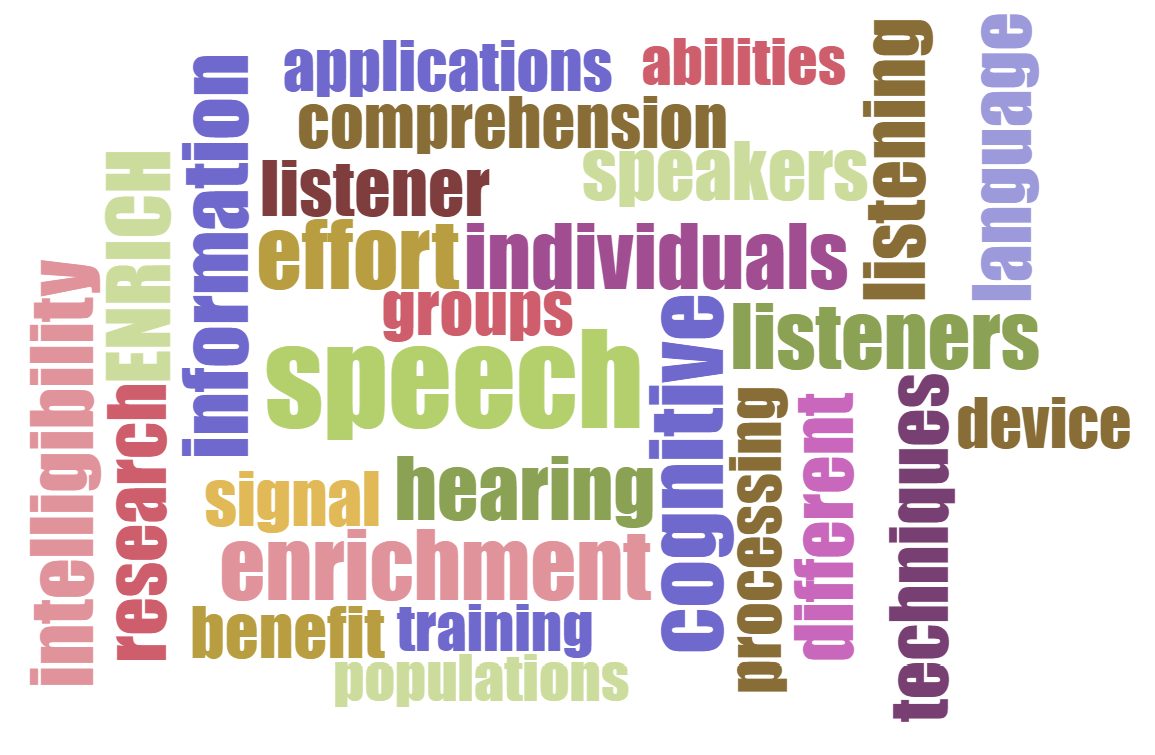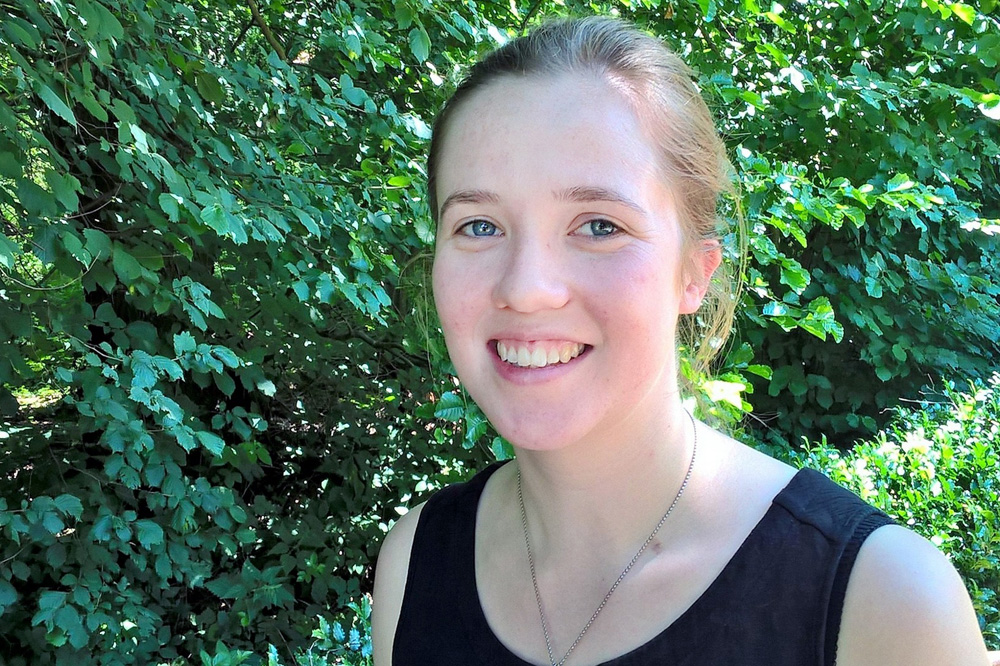
Speech is a hugely efficient means of communication: a reduced capacity in listening or speaking creates a significant barrier to social inclusion at all points through the lifespan, in education, work and at home. Hearing aids and speech synthesis can help address this reduced capacity but their use imposes greater listener effort.
The fundamental objective of the ENRICH network is to modify or augment speech with additional information to make it easier to process. Enrichment aims to reduce the listening burden by minimising cognitive load, while maintaining or improving intelligibility.
Video: Enrich/Gerard Llorach
ENRICH will investigate the relationship between cognitive effort and different forms of natural and synthetic speech. Non-intrusive metrics for listening effort will be developed and used to design modification techniques which result in low-burden speech. The value of various enrichment approaches will be evaluated with individuals and cohorts with typically sub-optimal communication ability, e.g., children, hearing-impaired adults, non-native listeners and individuals engaged in simultaneous tasks.
The network is training 14 PhD students and giving them not just the necessary cross-disciplinary knowledge and research skills, but also experience of entrepreneurship and technology transfer so they can translate research findings into products and services that will help everybody communicate successfully.
The ENRICH consortium consists of 8 beneficiaries and 6 partners from academia, industry and clinical practice in 9 countries, who collectively provide diverse infrastructure for investigating spoken communication and for applying innovations to end-user populations. ENRICH is a European Training Network (ETN) funded by the European Commission under the Marie Skłodowska-Curie programme.
 Fraunhofer Institute for Digital Media Technology IDMT
Fraunhofer Institute for Digital Media Technology IDMT